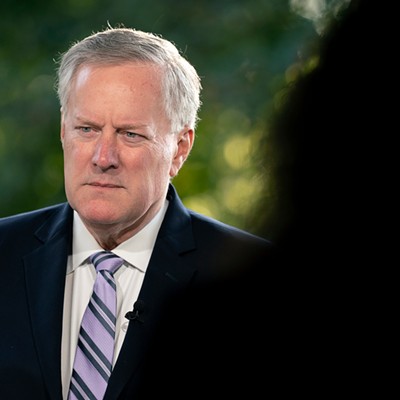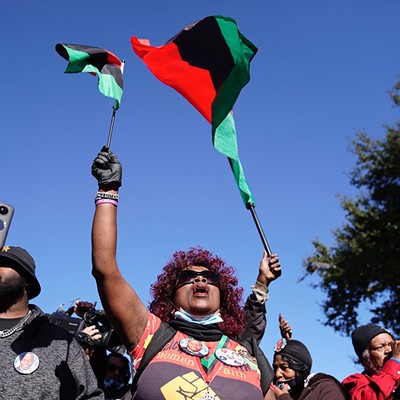
The New York Times Company
WASHINGTON — States can require members of the Electoral College to cast their votes for the presidential candidates they had pledged to support, the Supreme Court unanimously ruled Monday, curbing the independence of electors and limiting one potential source of uncertainty in the 2020 presidential election.
Thirty-two states and the District of Columbia have laws requiring electors to vote as they had promised, but recent court decisions had come to opposite conclusions about whether electors may disregard their pledges.
The Supreme Court resolved the dispute Monday in a pair of cases concerning electors in Washington state and Colorado, by saying that states are entitled to remove or punish electors who changed their votes. In states without such penalties, electors remain free to change their votes.
Members of the Electoral College cast the actual votes for president four weeks after Election Day. Among the states and the District of Columbia that have laws requiring electors to vote as they had promised, 15 states back up their requirements by either removing rogue electors or subjecting them to financial penalties.
Since the Constitution gives states the power to appoint electors, Justice Elena Kagan wrote for seven members of the court wrote, that power allows them to impose conditions on their appointment.
“A state can require, for example, that an elector live in the state or qualify as a regular voter during the relevant time period,” Kagan wrote. It can also, she wrote, insist that electors vote for the candidate they had promised to support. And “it can demand that the elector actually live up to his pledge, on pain of penalty,” she wrote.
Recent court decisions had come to opposite conclusions about whether electors may disregard their pledges.
Last year, the Washington state Supreme Court upheld fines of $1,000 on three Democratic electors who had cast their electoral votes in 2016 for Colin Powell rather than for Hillary Clinton.
A few months after the Washington Supreme Court ruled, the 10th U.S. Circuit Court of Appeals, in Denver, rejected its reasoning in a case involving Colorado. The federal appeals court said that Colorado had been wrong to discard a vote from a Democratic elector who had wanted to cast a ballot for Gov. John Kasich of Ohio.















